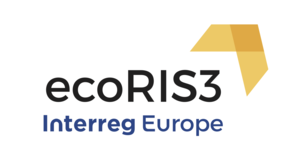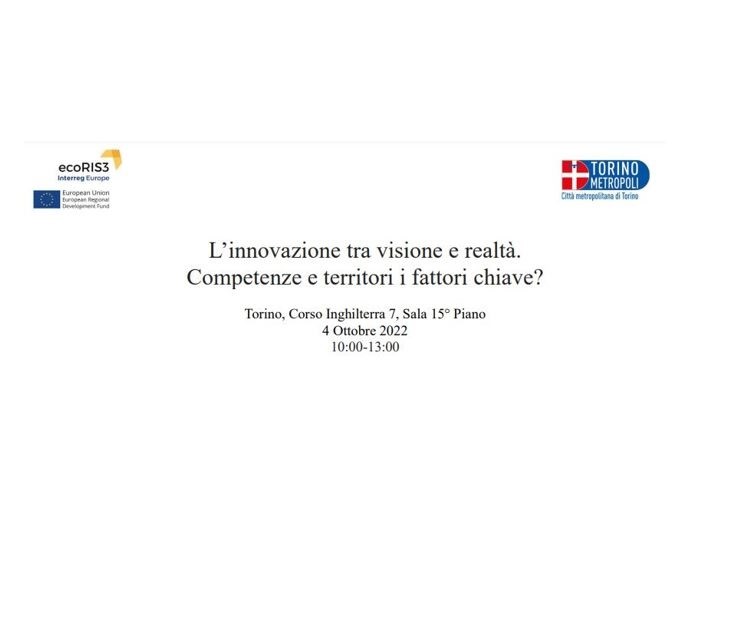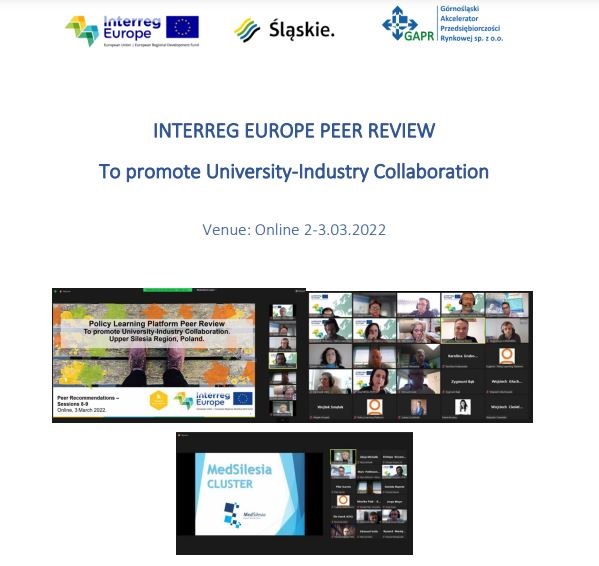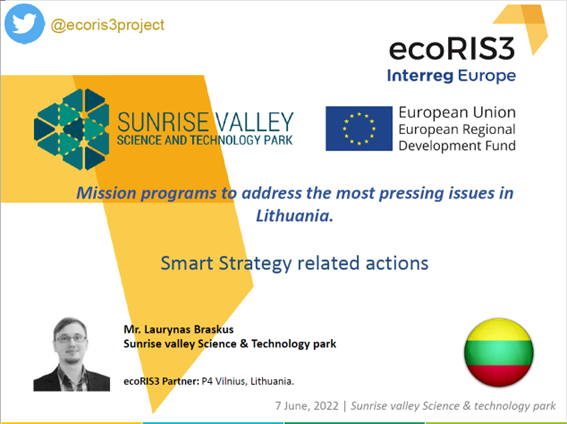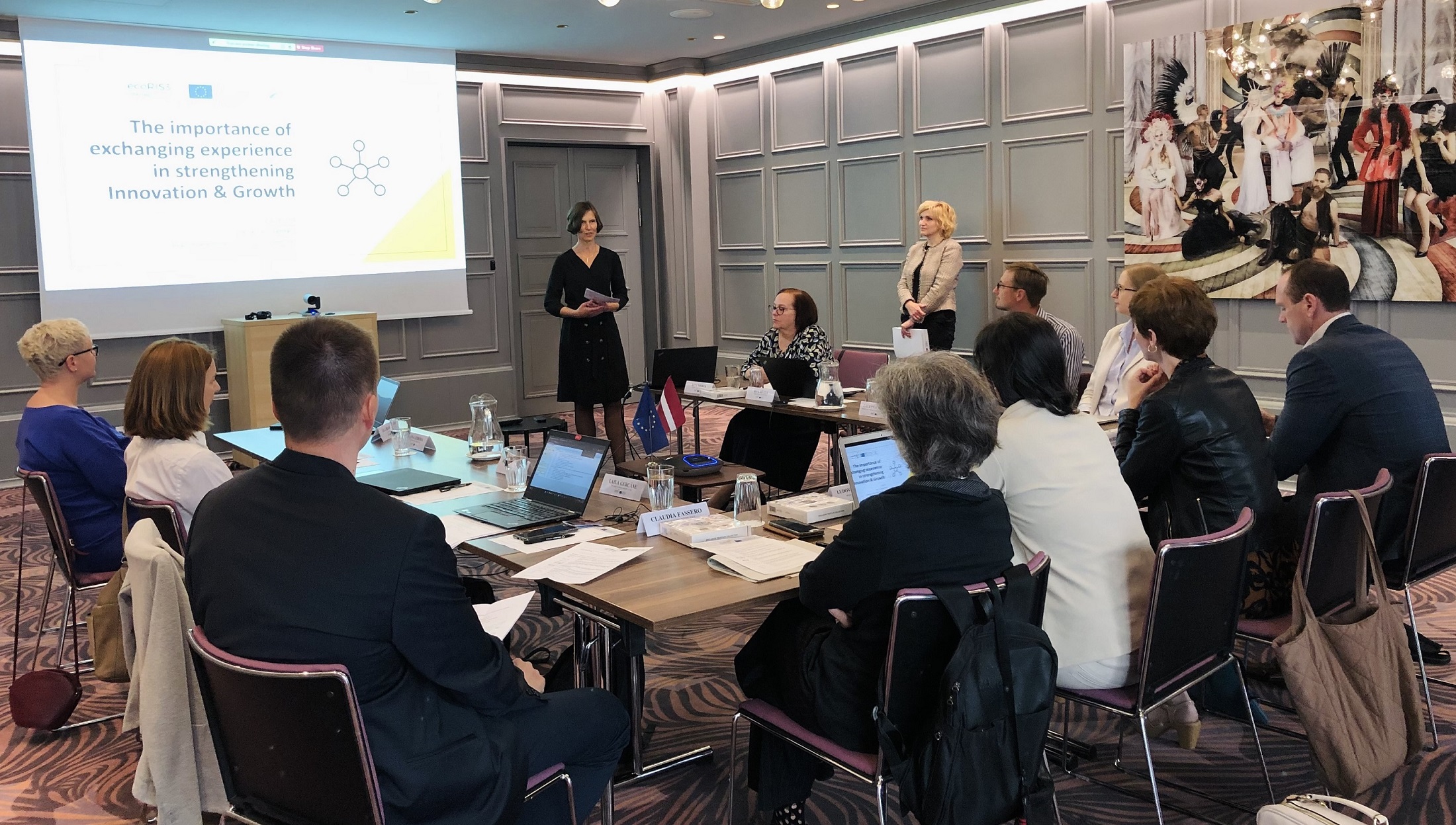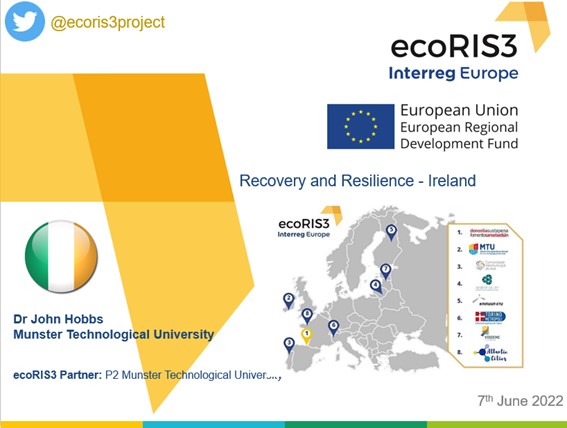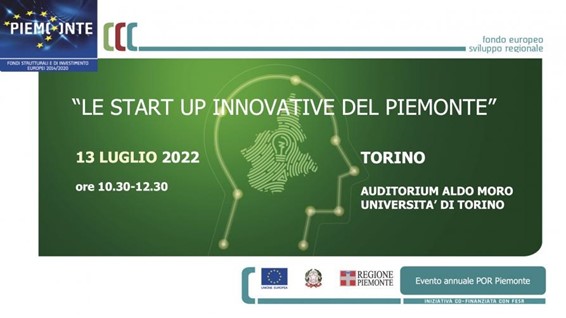MIP is the Città Metropolitana di Torino’s service for enterprise creation. It consists of a set of integrated actions, aimed at spreading the entrepreneurship culture, stimulating new business ideas and fostering the establishment and development of successful enterprises.
MIP service has already a long history as it was set up in 1994 to face the need of revitalizing the territorial economic structure due to the decline of the big industry.
MIP is promoted by the Città Metropolitana di Torino and is entirely free of charge, thanks to funding from the European Union (European Social Fund, ESF), Italian State and Piedmont Region. MIP has been supported by ESF Operational Programmes 2000-2006 and 2007-2013.
MIP provides 3 types of support services:
Action 1 - Entrepreneurship support: information activities to support entrepreneurship and self-employment.
Action 2 - Consultancy: advice for business creation / self-employment opportunities .
Action 3 - Mentoring and consulting services for start-ups (ex-post assistance).
MIP services in the Città Metropolitana territory are provided through 10 information booths. In the period 2007-2014 the financial resources spent were around 1.500.000 Euro per year from public funds: 40% European (ESF), 46% National, 14% Regional.

Image: The presentation of the new edition of MIP project on Città Metropolitana di Torino’s territory – on the right, Metropolitan Councillor Dimitri De Vita
Since its creation, MIP received requests from more than 50 thousand people, both would-be entrepreneurs and people interested in self-employment opportunities. After the initial contacts and requests, from 2002 to 2014, 16.586 introductory meetings had been organized, involving 23.242 people. Regarding the support services results, 1.832 business plans had been validated and 1.554 startups created, which mostly acceded also to the mentoring and consultancy support activities (for a maximum time length of three years).
The sectors of start-ups range from services (almost 40%), commerce (30%), handicraft (24%) to industry (1,5%) and agriculture (less than 1%).
The final evaluation report of MIP activities highlighted some important success elements, specifically the ability of MIP to support "better" enterprises than those autonomously created. From the report emerges that MIP firms survive longer than the others: MIP firms still operative after 5 years from set up are 25% more than not MIP firms. The report shows also good results in terms of job creation: 5 years after the creation, MIP firms show an employees’ increase of 43% against the 18% of not MIP firms.
Also the economic growth of MIP enterprises seems more favourable than not MIP. Data derived from direct interviews show that 50% of MIP entrepreneurs judge positively the company’s growth rate, while 60% of not MIP entrepreneurs are disappointed by the economic performance of their companies.
The report is downloadable at:
http://www.prova.org/studi-e-analisi/progetti/monitoraggio_e_valutazione_del.html

Image: Information material for the new edition of MIP project
Two important success factors can be identified in the intervention model and in the personalisation of the service. MIP services are articulated in three consequential phases, each specifically designed to respond to differentiated and specific target groups and needs. The Entrepreneurship support is targeted to the general public and aims to inform and raise awareness. Consultancy activities target potential entrepreneurs and aims to support start-up creation. Mentoring service supports new entrepreneurs in the first three years and provides support in accessing finance instruments, investments, public funding, etc. The continuity of the service over time has also represented a critical success factor. MIP is now considered a reference point not only for the would-be entrepreneurs but also for local employment services and service providers.
The success of MIP project is largely based on the high quality of consultancy services provided to the would-be entrepreneurs and start-ups. An essential requirement for the project transfer (in whatever context, business sector, country) is to respect high qualitative standards for the services provided. The would-be entrepreneurs are the crucial target group, so the services provided should be built around their specific needs. This requires coherent territorial development policies and programmes (that support/finance enterprise incubators). The several public institutions and agencies that deal with economic development, business creation, job market, enterprise support, etc. should cooperate and share joint objectives with incubator initiatives to assure successful interventions.
